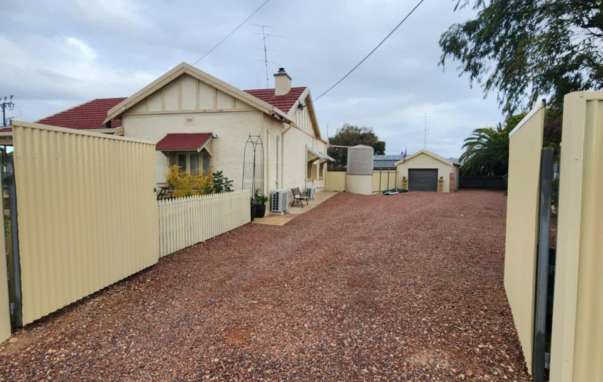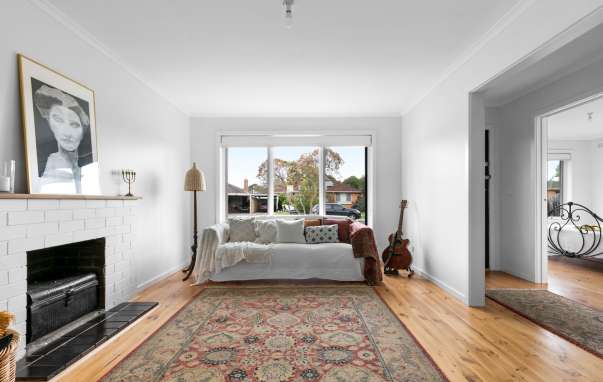Preparing your South Australian (SA) property for a private sale involves more than a fresh coat of paint or staging your rooms. To navigate the SA FSBO selling process successfully, you must ensure that your legal obligations are met from start to finish. Private sales in SA—where homeowners sell without the help of a traditional agent—can be highly rewarding, especially when approached with the right preparation. Here’s how to legally ready your property for a private sale while taking advantage of affordable selling in SA.
Understand Your Legal Responsibilities
The first and most important step is understanding what you're legally required to provide and disclose. In SA, homeowners must provide buyers with a Form 1 Vendor’s Statement before a contract is signed. This document outlines vital information, including:
- Title details
- Easements or encumbrances
- Zoning and planning information
- Any building approvals or notices
Failure to deliver a complete and accurate Form 1 can delay or even invalidate the sale. It is strongly recommended to work with a conveyancer or solicitor to ensure this legal document is correctly prepared and served.

Hire a Conveyancer or Solicitor Early
While it’s entirely legal to sell your property without a real estate agent, working with a licensed conveyancer is essential. They help ensure all documentation is compliant with South Australian law. A conveyancer will:
- Draft or review your contract of sale
- Prepare and serve the Form 1 Vendor’s Statement
- Handle financial settlement and title transfer
In the SA FSBO selling process, legal accuracy is non-negotiable. Partnering with a professional early can save you time, reduce stress, and prevent legal complications later.
Conduct Property Checks and Disclosures
Being transparent about your property's condition is not just ethical—it’s a legal necessity. Before listing your home, conduct a thorough review and prepare to disclose any material facts that could affect the buyer’s decision. This includes:
- Past flooding or structural damage
- Asbestos or termite history
- Boundary disputes
- Building work without council approval
These disclosures should be included in your marketing materials and legal documentation. Full transparency builds trust and protects you from future legal disputes.
Prepare the Contract of Sale
A contract of sale is a crucial document that outlines the terms and conditions agreed upon between you and the buyer. While you can purchase templates, it's best to have this document professionally prepared or reviewed. The contract should include:
- Names of the seller and buyer
- Property details and legal description
- Sale price and deposit
- Settlement date and conditions
- Inclusions and exclusions
The affordable selling SA market rewards sellers who ensure legal clarity. With a solid contract in place, you’re ready to negotiate confidently and close efficiently.

Get a Certificate of Title
Your conveyancer will obtain your Certificate of Title, which proves your ownership of the property. This document is necessary to complete the sale and must be accurate and current. If there are any liens, mortgages, or caveats, they must be resolved or disclosed.
Advertise with a Legal Mindset
When creating your listing, especially on popular platforms like For Sale By Home Owner, it’s important to stay legally compliant. Avoid making false or misleading claims about the property’s condition, size, or potential. Your description should align with your legal documents and disclosures.
For Sale By Home Owner allows you to showcase your home through affordable selling in SA, giving you control over your marketing while ensuring it meets advertising standards.
Handle Offers and Negotiations Legally
Once buyers begin to show interest, make sure all offers are put in writing. Verbal agreements are not legally binding in real estate transactions. Your conveyancer can help guide you through:
- Accepting a written offer
- Signing contracts
- Setting deadlines for conditions (like finance approval or inspections)
It’s crucial to document every agreement to protect both parties and avoid misunderstandings.
Final Legal Steps Before Settlement
After both parties sign the contract, your conveyancer will:
- Lodge legal documents with the Lands Titles Office
- Arrange settlement with your financial institution (if applicable)
- Transfer ownership to the buyer
They’ll also handle adjustments for council rates, water bills, and other fees. Once everything clears, you receive the final sale proceeds.
Conclusion
The key to legally preparing your SA property for a private sale lies in organization, transparency, and legal guidance. By following the correct steps—from obtaining a Form 1 Vendor’s Statement to managing contracts—you can confidently engage in the SA FSBO selling process. Using platforms like For Sale By Home Owner ensures you stay compliant while enjoying the benefits of affordable selling in SA.
Legal preparation not only protects your rights but also gives buyers confidence, which can lead to a quicker and smoother transaction.
Join now or log in to leave a comment